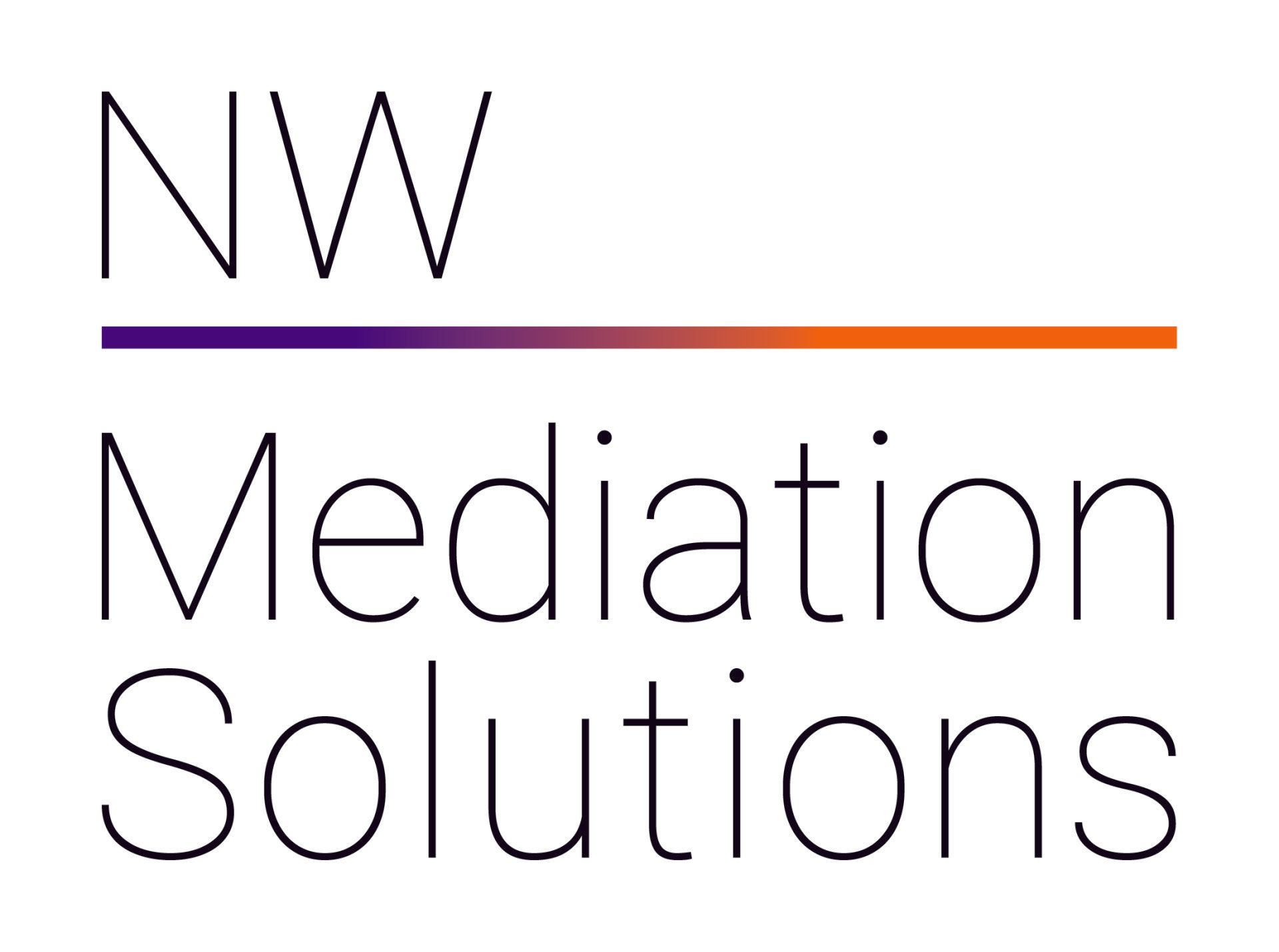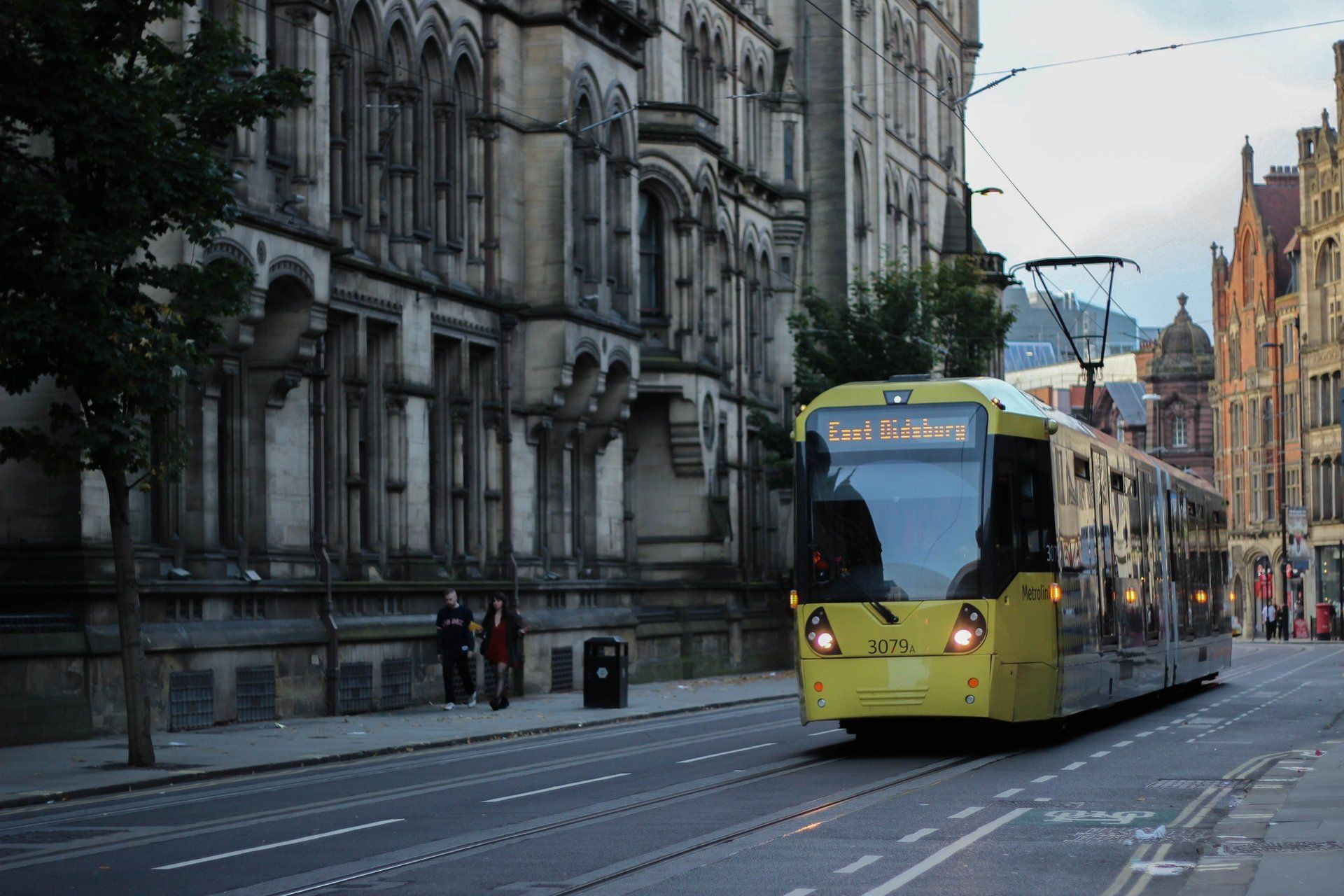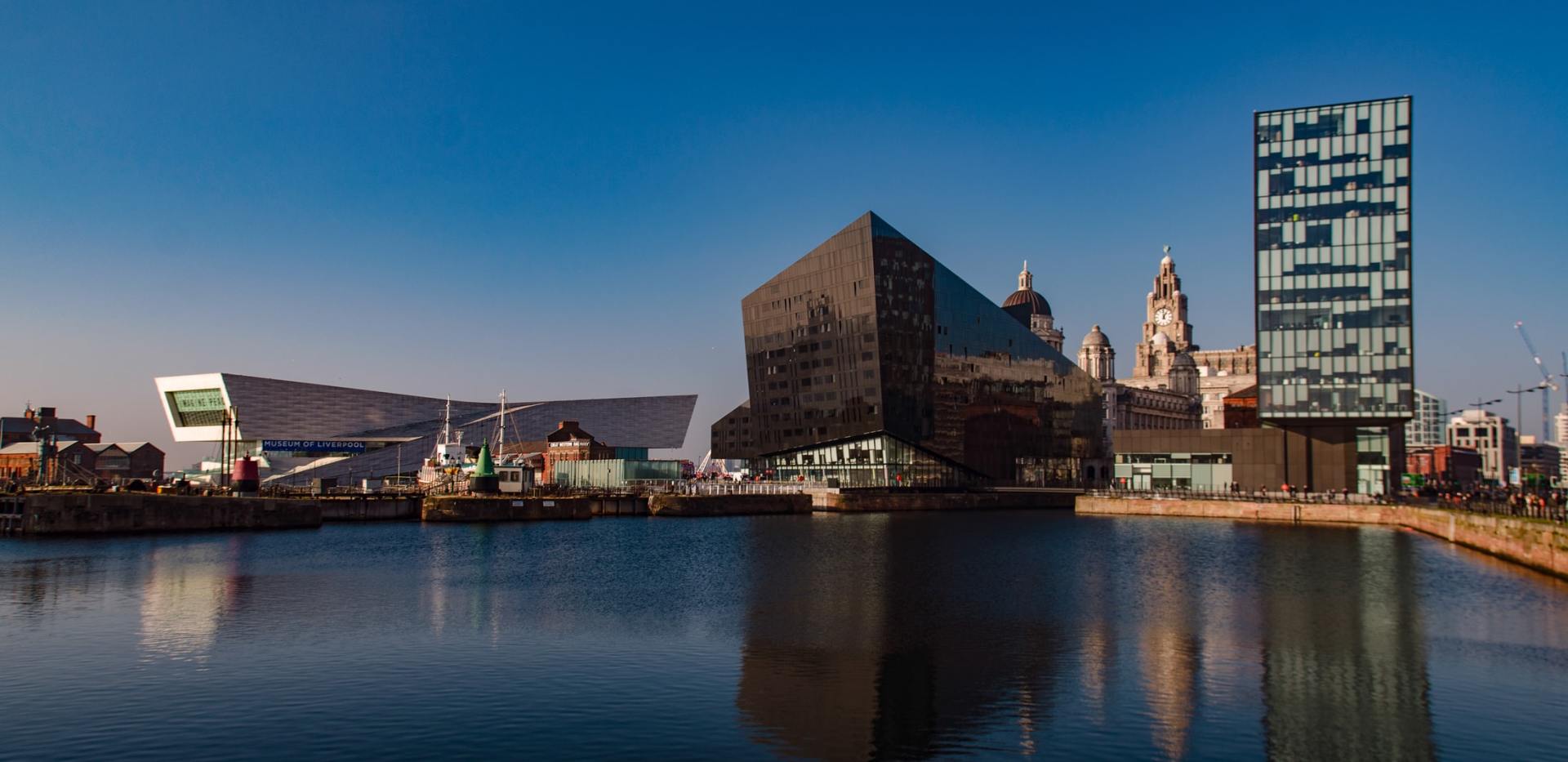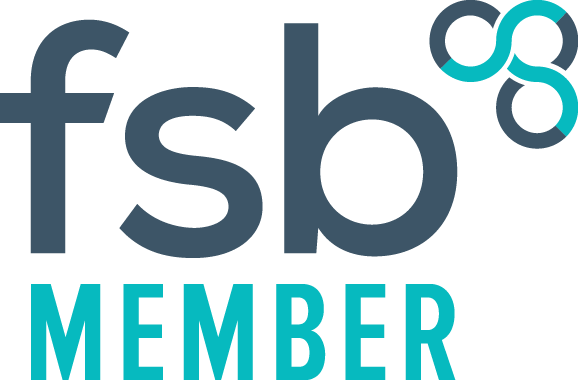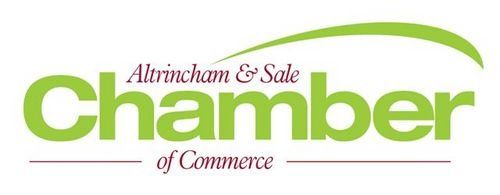CAN I MEDIATE?
CAN I MEDIATE?
Resolving a dispute by issuing proceedings and going to trial is not only expensive and stressful but it takes a long time and there is no guarantee of a successful outcome. See how mediation differs below...
Mediation (sometimes referred to as Alternative Dispute Resolution) in contrast to litigation is used to resolve a dispute by bringing together the opposing parties and their advisers to enable them to find a solution.
Mediation is confidential as well as being cheaper and faster. It avoids months or even years of litigation. It enables you to negotiate a focused solution to suit your needs rather than a judge imposing a decision on you.
The distinguishing features of mediation are:
- It works and 80-85% of commercial disputes settle at mediation or within a few days of the mediation.
- It brings a fast resolution to the dispute, usually within a day.
- It can be arranged quickly and at any time. It is not governed by the lengthy court waiting lists nor limited to taking place during ordinary working hours - some mediations continue late into the evening.
- The Mediator meets the both parties in private and listens to their points of view and concerns, and in doing so, is able to get a complete understanding of the dispute.
- As both parties confide in the mediator he/she is able to find solutions to the obstacles blocking negotiations and guide the parties towards a settlement.
- The mediator enables the parties to find a solution by assisting them to explore the issues and looking at the strengths and weaknesses of their case and encourages the parties to find solutions to address their present and future needs, rather than focusing upon what happened in the past or who may have been right or wrong.
- The mediator does not impose a decision on the parties.
- As mediation is a flexible process the settlement is not governed by the parties strict legal rights and the mediator can help the parties to find on a solution to resolve the practical issues which have caused the dispute as well as their legal rights
- The conduct of the mediation and the outcome are always within the control of the parties.
- Parties in mediation avoid the risks of litigation and the uncertainty of going to trial – they decide the result
- The Mediator will treat any information given by the parties as confidential unless a party gives permission to him/her to disclose some or all of that information to the other party.
- The process is conducted on a “without prejudice” basis so the matters which are discussed during the mediation cannot be referred to in court, allowing the parties to talk openly.
- Everything said at the mediation is entirely confidential to the parties in contrast to the potential publicity of court proceedings.
- It is voluntary and any party can leave if they want, at any time – although the mediator will encourage that party to stay until a solution is found to the dispute.
- Nothing is binding upon any party until an agreed settlement is reached when it will be recorded in writing or a court order so it becomes an enforceable contract between the parties.
Save time
Save time
Save costs
Save costs
Get a result
Get a result
Increase profitability
Increase profitability
Meet your expert Mediators
Meet the specialists
Meet your expert Mediators
